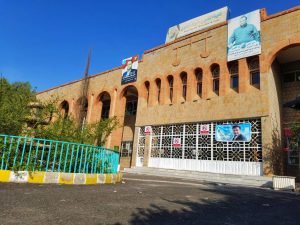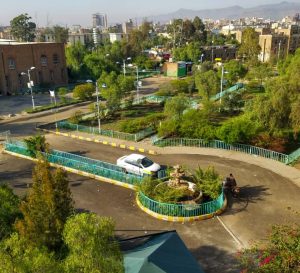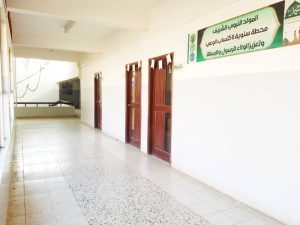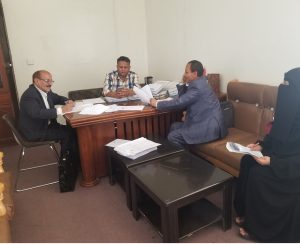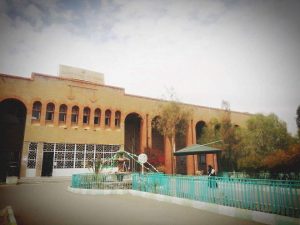About the College
Faculty of Sharia and Law
Established in 1970, the Faculty of Sharia and Law was among the first faculties established at Sana’a University. Dedicated to the study of Islamic law and legal sciences, the faculty has undergone several academic systems since its inception, reflecting the evolving academic landscape. Initially, the faculty adopted a five-year system of study modeled after Al-Azhar University’s Faculty of Sharia and Law. However, practical implementation revealed a low intake of students, necessitating the university to reassess the aforementioned study system and reduce the duration to four years. This revised study system was implemented starting in the 1972–1973 academic year. Both systems ran concurrently until the graduation of the last batch admitted under the original five-year study system in the 1976–1977 academic year.
In 1975, the university decided to divide the study into a two-track specialization system within the Faculty of Sharia and Law: one for Islamic Sharia and the other for law. Upon reaching the third level of study, students were required to choose one of these specialization tracks. However, the implementation of this system revealed a significant drawback: the enrollment of only a single student in the Islamic Sharia specialization. This enrollment disparity necessitated the abandonment of the two-track system and a return to a general specialization approach, without any distinction between Islamic Sharia and law. This unified system remains in effect today, as it is considered the most suitable for fostering a strong connection between Islamic Sharia and law in Yemen, where the legal system derives its constitutional provisions from the principles of Islamic Sharia.
In 1982, the university adopted the credit hour system, which was implemented in the Faculty of Sharia and Law alongside the semester system. However, this system proved to be incompatible with the nature of the faculty’s academic courses, as they were not conducive to segmentation but instead highly integrated. Consequently, the Faculty of Sharia and Law reverted to the full academic year system, which is an exception to the semester system that remains in place for the university’s other faculties. This full-year academic system is still in place today.
Recognizing the profound impact that graduates of the Faculty of Sharia and Law have on society and interpersonal relationships, the study programs have been meticulously designed to equip students with the requisite knowledge and expertise to fulfill their professional responsibilities effectively. Each course entails a minimum of two hours of weekly instruction, ensuring that graduates are adequately prepared for further studies at non-Yemeni universities. Recently, in 2020, the number of hours was adjusted to three hours, as reflected in the updated specifications of the study courses.
The Values
· Leadership
· Teamwork
· Partnership
· Transparency
· Professionalism
· Creativity
The message
· Building capacities and providing education that integrates theoretical, applied, and research aspects in the fields of Sharia and law, using modern learning strategies and techniques to contribute to serving society and increasing its awareness of its religious and worldly rights and responsibilities.
Vision
Leadership in Sharia and Legal Sciences
11397
students
2240
Scientific research
32605
Graduates
74
Academic staff
Faculty Aims
- Providing the community with specialized competencies in the Islamic, judicial, and legal fields.
- Addressing societal issues using modern, rapid, and advanced methods.
- Developing and instilling religious, ethical, and national values in the community.
- Focusing on human rights and raising awareness of the community’s rights and responsibilities.
- Developing scientific research to confront challenges and risks.
- Educating students and honing their skills to become specialists who are capable of competing and meeting the needs of the community.
- Developing talents and building capacities to achieve sustainable development.
- Strengthening the faculty’s relationship with related faculties, centers, and institutions within the university’s policy framework.
Photo album gallery
Faculty of Sharia and Law


